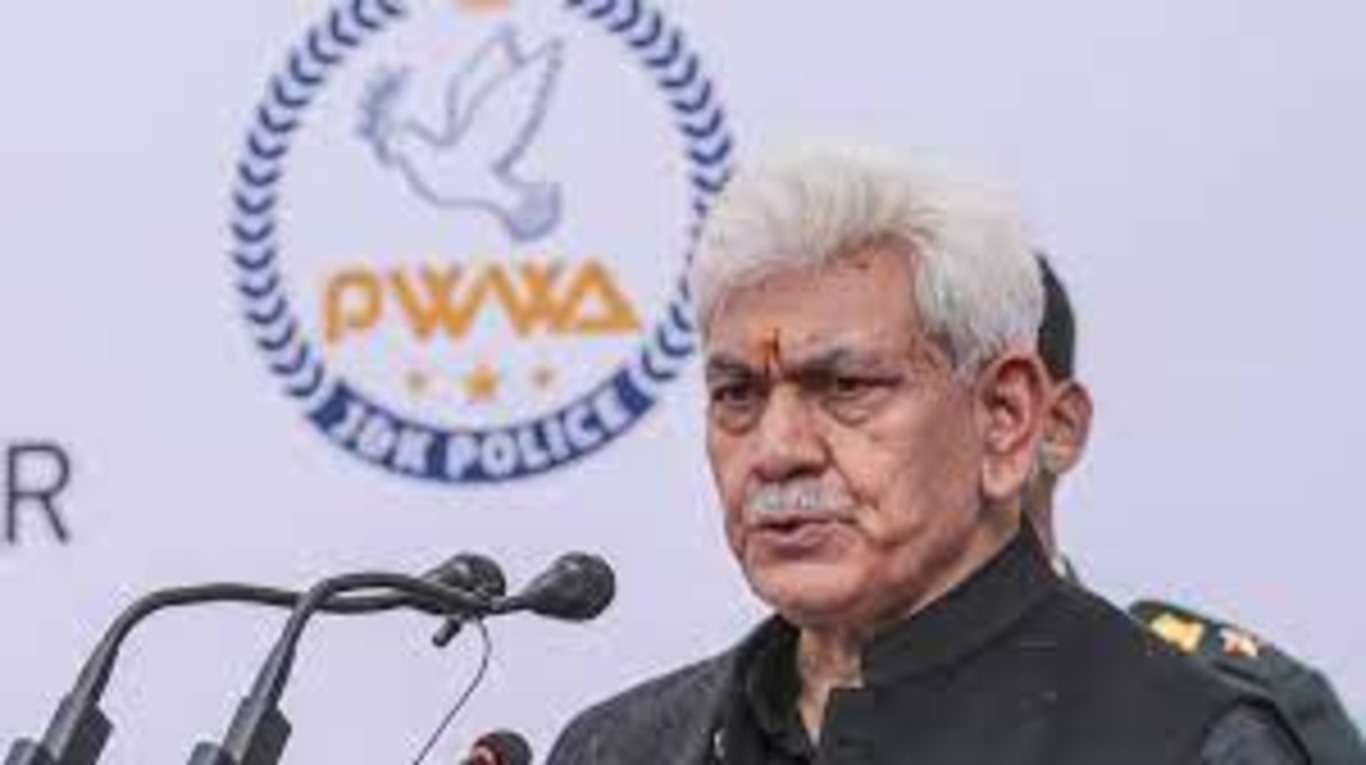The Jammu and Kashmir administration is planning to create an authentic database of all families in the Union territory with each of them having a unique alpha-numeric code — the objective being easy selection of eligible beneficiaries of various social welfare schemes.
Jammu and Kashmir Lt. Governor Manoj Sinha and Chief Minister of Haryana Manohar Lal Khattar recently unveiled the government’s plan to create an authentic, verified, and reliable database of all families in the Union territory at the recent national conference on e-governance in Katra in Reasi district.
“Each family will be provided with a unique alpha-numeric code called JK Family ID. The data available in the family database would be used to determine eligibility through automatic selection of beneficiaries for receiving social benefits. The database would identify each and every family in J&K and would collect the basic data of the family, provided with the consent of the family, in a digital format. The document further reads that all the applicable laws and regulations in respect of data protection shall be complied with in the management of data,” the vision document reads.
“The objective of creating the database, which will be at par with Haryana’s ‘Parivaar Pehchaan Patra’, is that families or individuals will not have to apply to receive benefits under each individual scheme,” the Commissioner Secretary of the IT Department Prerna Puri said.
“Once the data in the JK Family ID database is authenticated and verified, a beneficiary will not be required to submit any more document to avail a service,” she said.
The Congress, National Conference, and the PDP criticised the proposed move.
“Why does the government wish to peek into everything? They already have enough data through Aadhaar and are providing benefits through direct bank transfer (DBT) mode,” Congress chief spokesperson and former legislator Ravinder Sharma said while questioning the government’s intention and capacity to protect such digital databases from cyber attacks.
National Conference provincial president Rattan Lal Gupta termed the exercise “unproductive use of resources”.
“They already have a database of every individual because of Aadhaar. So, creating another database is not fruitful…the administration is keeping the staff busy with data collection while people are left devoid of basic facilities,” he said.
“There are a lot of problems in J&K which the government ignores. Now who the government is trying to identify through this database?” PDP leader Virendra Singh Sonu said.
However, the BJP welcomed the move and said the people who have to stand in queues to get various benefits and certificates will benefit once a verified database is prepared.
“Vulnerabilities and possibilities of cyber attacks will remain when it comes to digital storage of data,” Senior Superintendent of Police at Jammu & Kashmir Police, M Y Kichloo said.
“We will face the same problems in Jammu and Kashmir which are faced across the country viz- a-viz data. Whenever a database is prepared by the government, an IT audit is conducted by experts,” he said.
“In case of data breach, the quantum of punishment would be 10 years which would work as a deterrent,” Kichloo said.
“In case of data breach, the quantum of punishment would be 10 years which would work as a deterrent,” Kichloo said.
The exercise would be helpful in more ways than just extending benefits of government schemes, Chief Town Planner of the Jammu Development Authority Jagdish Raj Hans said.
“Currently, JDA is conducting a socio-economic survey for revising the master plan and a door-to-door survey of nearly 9,000 households is being undertaken with the help of a Delhi-based consultancy firm. If a bigger database with all social indicators of families of J&K becomes available, then we would not have to do this sample survey,” he said.
According to the vision document, over the next five years, the government aims to enhance the efficiency, effectiveness, transparency, and equitability in the delivery of public services and all the functions of the government using emerging technologies














